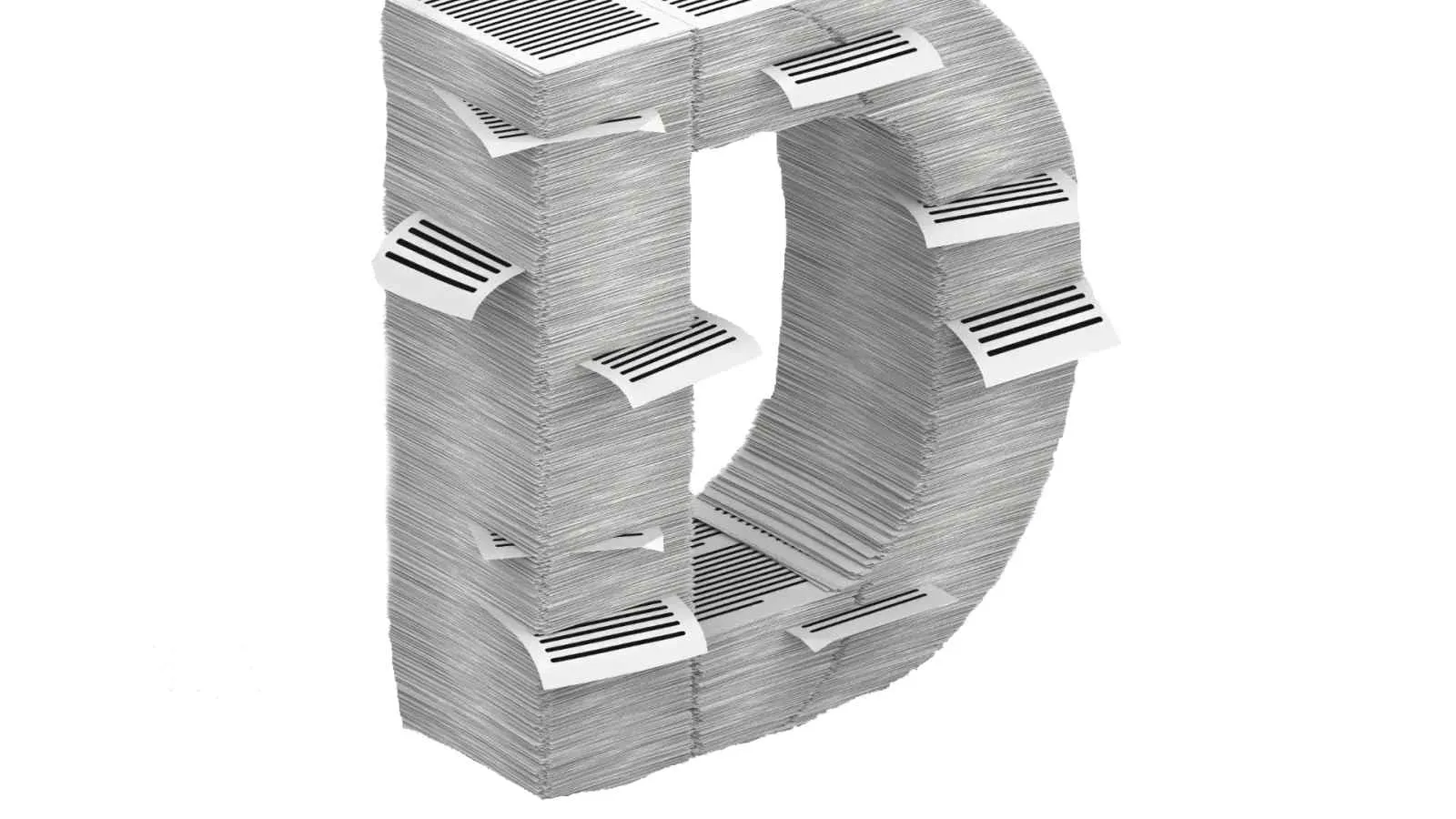"You have reached your monthly transfer limit." Is this a message you have seen before when attempting to transfer money from a savings account? The reason for this is a federal regulation called Regulation D.
Regulation D (Reg. D) is a federal regulation which places certain limits on the number of transfers or withdrawals you can make from your savings accounts at any federally-insured financial institution. It affects all savings, money market and certificate accounts. Reg. D allows for up to six (6) withdrawals, overdraft protection transfers, electronic funds transfers/automatic withdrawals (EFT/ACH), online banking or telephone transfers per month. Any transaction request that is received after you have reached your limit of six (6) transfers or withdrawals must be rejected.
Reg. D comes from the Federal Reserve Board and is the federal government's way of ensuring that banks have the proper amount of reserves on hand and encouraging people to use savings accounts as they are intended: to save money.
How does Reg. D affect my accounts?
Once you have reached your Reg. D withdrawal or transfer limit, funds can no longer be electronically transferred from your affected savings account(s).
- Reg. D can affect your overdraft protection. After the sixth electronic withdrawal or transfer, your savings account will not be available for further overdraft protection. This may cause checks to be returned unpaid and fees to be charged to your checking account.
- Reg. D can affect your ability to move funds using by telephone or by using online or mobile banking. After the sixth withdrawal or transfer, the only way to access your funds will be in person or by using an ATM.
What types of transactions are limited by Reg. D?
- Transfers initiated by telephone
- ACH or automatic transfers
- Transfers initiated from a computer or mobile device
- Overdraft transfers
- Wire transfers
- Fax or Cable Transfers
- By check or draft or debit card to a third party
What transactions are exempt from Reg. D, in a savings account?
- Any transaction done in person with a teller
- ATM withdrawals and transfers
- Transfers for making loan payments on your Coosa Valley Credit Union loans
What can I do to avoid Reg. D limits?
- Set up all of your pre-authorized payments or automatic withdrawals; such as insurance payments, health club dues, etc. (also referred to as EFT or ACH transactions) to be taken out of your checking account.
- Set up your overdraft protection to access your line of credit instead of your savings account.
- Limit transfers from your savings, by making planned transfers in larger amounts instead of several small transfers.
- Use an ATM to transfer funds within your account. These are not counted as Reg. D transfers.
- Monitor your savings and checking accounts frequently, so you can plan your transfers and control the movement of your money.

